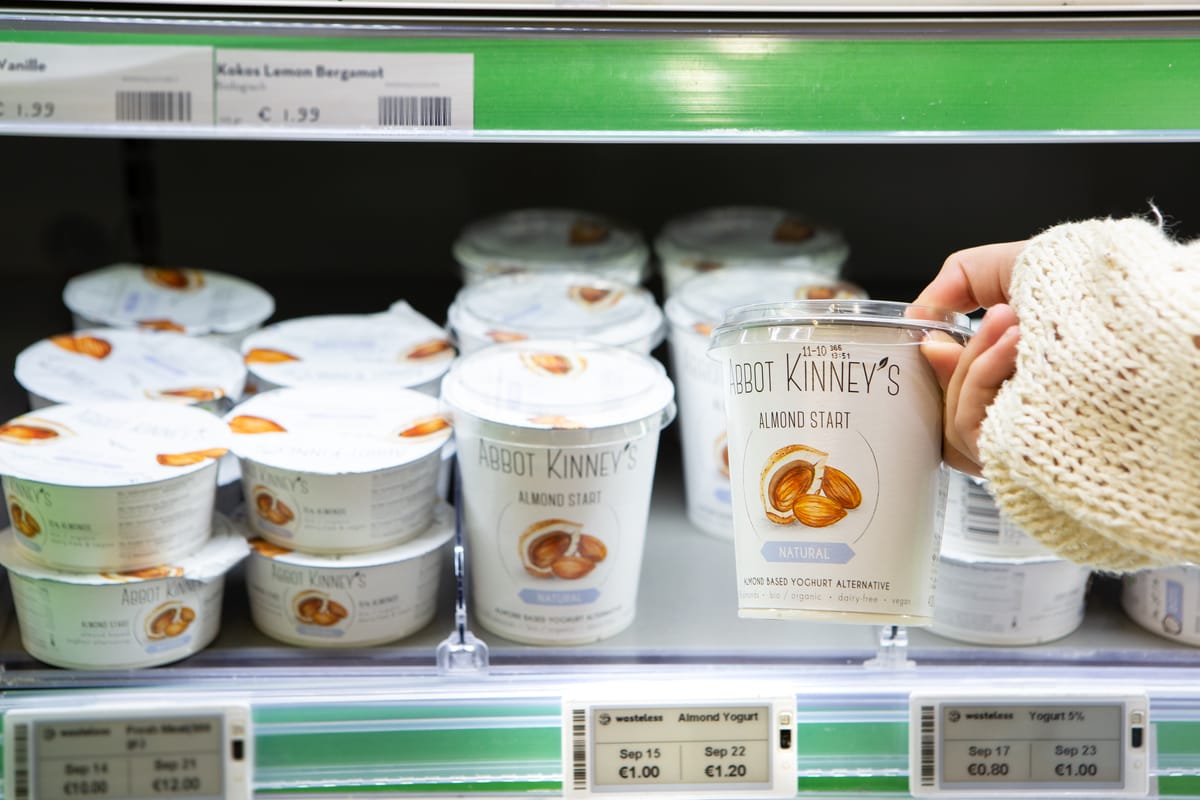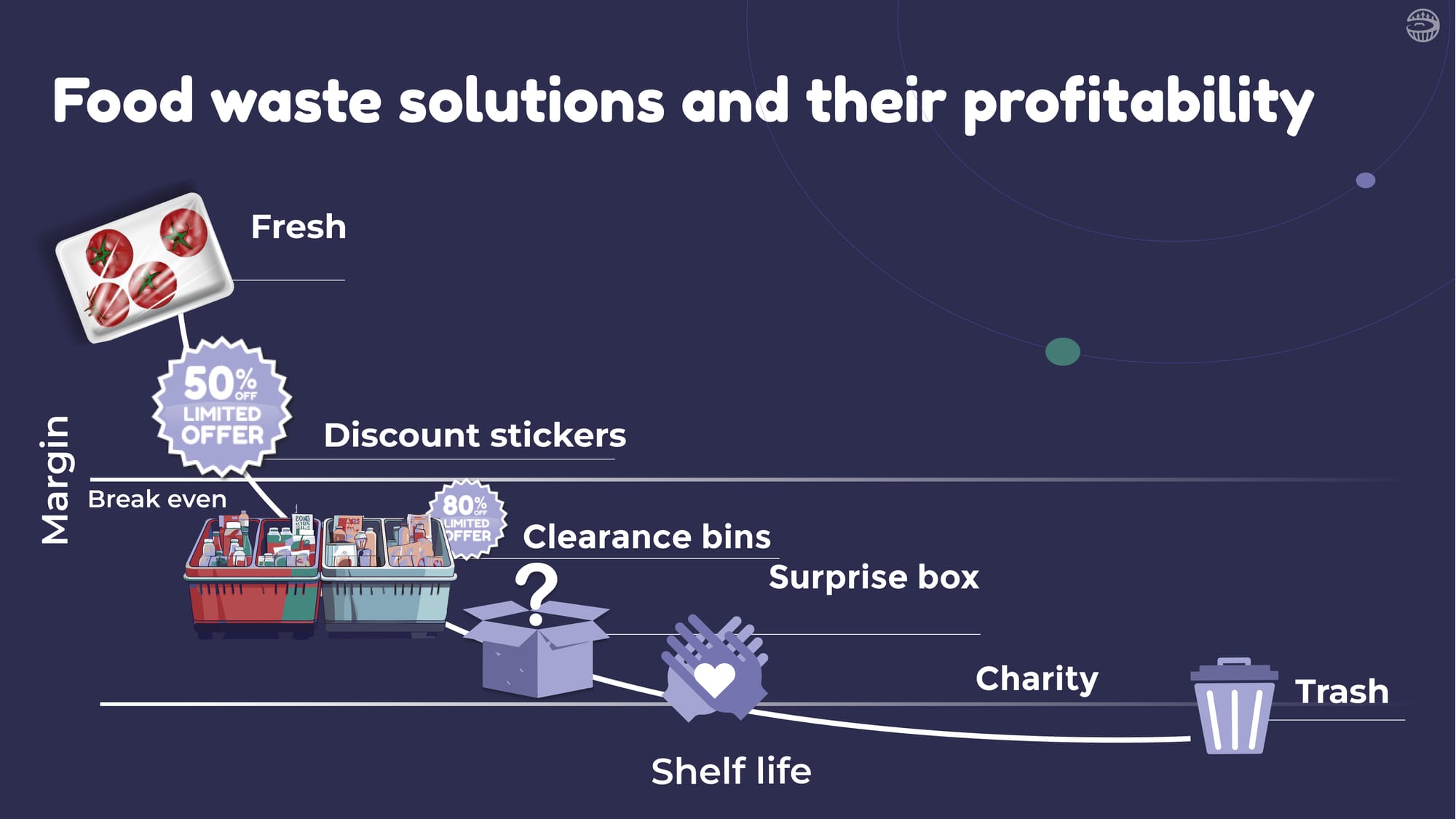Revolutionizing Supermarket Shelves: The Era of Smart Markdowns

Supermarkets have always been the hub of convenience and variety, catering to our daily needs with an array of products neatly stacked on shelves. But have you ever wondered about the journey of those goods or how pricing impacts their availability?
Enter the era of Smart Markdowns – a revolutionary approach to managing supermarket inventory and pricing, leveraging cutting-edge technology like Wasteless' dynamic pricing engine. This innovation not only ensures fresher shelves but also reduces food waste while offering customers better value.
The Challenge of Traditional Pricing
Traditionally, supermarkets relied on fixed pricing models. Products were priced uniformly regardless of factors like expiry dates or stock levels. This often led to inefficiencies, with perishable items like fruits, vegetables, and dairy reaching their expiration dates and subsequently being marked down drastically to avoid waste. Other solutions included donating surpluss to charities, clearance bins and recycling.

Smart Markdowns: The Solution
Smart Markdowns represent a paradigm shift. Wasteless, a pioneer in this space, harnesses the power of data and machine learning algorithms to dynamically adjust prices based on various factors. Here’s how it works:
- Real-time Data Analysis: Wasteless' technology continuously analyzes various data points, including product shelf life, stock levels, demand patterns, and external factors like weather or holidays.
- Dynamic Pricing: With this data, prices are dynamically adjusted in real time. For instance, a bunch of bananas nearing their expiration date might see a gradual price reduction, encouraging customers to purchase them before they spoil.
- Personalized Offers: Wasteless' system also allows for personalized offers, incentivizing consumers to make sustainable choices while benefiting from reduced prices.
Benefits for Consumers
For shoppers, the advantages are clear:
- Freshness Assurance: With prices reflecting the shelf life of items, customers are more likely to find fresher products on the shelves.
- Better Value: Dynamic pricing ensures that customers pay a fair price, encouraging timely purchases and reducing food waste.
- Personalized Deals: Tailored offers cater to individual preferences, creating a win-win situation for both consumers and the environment.
Impact on Food Waste and Sustainability
Food waste is a significant global issue, with supermarkets contributing a substantial portion due to unsold perishable items. Wasteless' technology has the potential to dramatically reduce this waste by aligning supply and demand through smart pricing. It promotes a circular economy by ensuring products are consumed rather than discarded.
Challenges and Future Prospects
Implementing Smart Markdowns does come with its challenges, including technological integration, consumer education, and acceptance. However, as technology advances and awareness grows, the potential for reducing waste and optimizing inventory management is immense.
The future of supermarket shopping is undoubtedly evolving, and the integration of technologies like Wasteless' dynamic pricing engine signifies a step towards a more efficient and sustainable retail landscape.
Conclusion
Smart Markdowns powered by Wasteless' dynamic pricing engine herald a new era in supermarket management, promising fresher shelves, reduced food waste, and better value for customers. By harnessing technology to align pricing with perishability, supermarkets can make significant strides towards a more sustainable and consumer-friendly future.
The journey to smarter shopping experiences has begun, and with innovations like Smart Markdowns, the aisles of our supermarkets are set to become not just convenient but also conscientious hubs for consumers and the environment alike.





